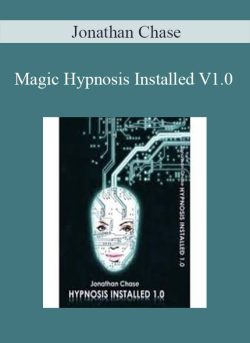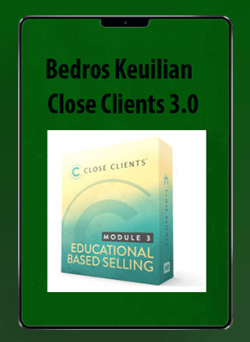-
×
 [Download Now] Paul Janka - Superior Status
1 × $23.00
[Download Now] Paul Janka - Superior Status
1 × $23.00 -
×
 Laura Cornell - Divine Feminine Yoga Telesummit 2015
1 × $23.00
Laura Cornell - Divine Feminine Yoga Telesummit 2015
1 × $23.00 -
×
 Jon Tarr & Kyle Bell’s – Island Lifestyle Blueprint
1 × $48.00
Jon Tarr & Kyle Bell’s – Island Lifestyle Blueprint
1 × $48.00 -
×
![[Download Now] Todd Durkin - Fitness Business Success Coaching System](https://wishcourses.com/wp-content/uploads/2015/09/72-200x238.png) [Download Now] Todd Durkin - Fitness Business Success Coaching System
2 × $48.00
[Download Now] Todd Durkin - Fitness Business Success Coaching System
2 × $48.00 -
×
 Hans Hannula - Trading MoneyTides & Chaos in the Stock Market
1 × $21.00
Hans Hannula - Trading MoneyTides & Chaos in the Stock Market
1 × $21.00 -
×
 [Download Now] Stephen Cabral – Smart Studio Systems
1 × $65.00
[Download Now] Stephen Cabral – Smart Studio Systems
1 × $65.00 -
×
 [Download Now] Jonathan Chase - Magic Hypnosis Installed V1.0
1 × $28.00
[Download Now] Jonathan Chase - Magic Hypnosis Installed V1.0
1 × $28.00 -
×
![[Download Now] John Assaraf – The Complete Winning The Game Of Weight Loss Success System](https://wishcourses.com/wp-content/uploads/2015/07/310-200x238.png) [Download Now] John Assaraf – The Complete Winning The Game Of Weight Loss Success System
1 × $33.00
[Download Now] John Assaraf – The Complete Winning The Game Of Weight Loss Success System
1 × $33.00 -
×
![[Download Now] AWAI Katie Yeakle - Secrets of Writing for the Health Market](https://wishcourses.com/wp-content/uploads/2015/06/123.png) [Download Now] AWAI Katie Yeakle - Secrets of Writing for the Health Market
1 × $24.00
[Download Now] AWAI Katie Yeakle - Secrets of Writing for the Health Market
1 × $24.00
Subtotal: $361.00

![[Audio] EP05 Conversation Hour 15 - Donald Meichenbaum](https://wishcourses.com/wp-content/uploads/2021/05/Audio-Only-EP05-Conversation-Hour-15-Donald-Meichenbaum-PhD-1-1-100x100.png)
![[Audio] BT10 Short Course 40 - Systemic Behaviorism: The Paradigm Shift to Strength-Based Treatment - Steven Kuester](https://wishcourses.com/wp-content/uploads/2021/05/Audio-Only-BT10-Short-Course-40-Systemic-Behaviorism-The-Paradigm-Shift-to-Strength-Based-Treatment-Steven-Kuester-MS-100x100.png)






![[Download Now] Eric Thomas and Associates - Breathe University](https://wishcourses.com/wp-content/uploads/2015/09/41-200x238.png)

10 reviews for Peter Buch – GI Bootcamp For the Healthcare Team
There are no reviews yet.